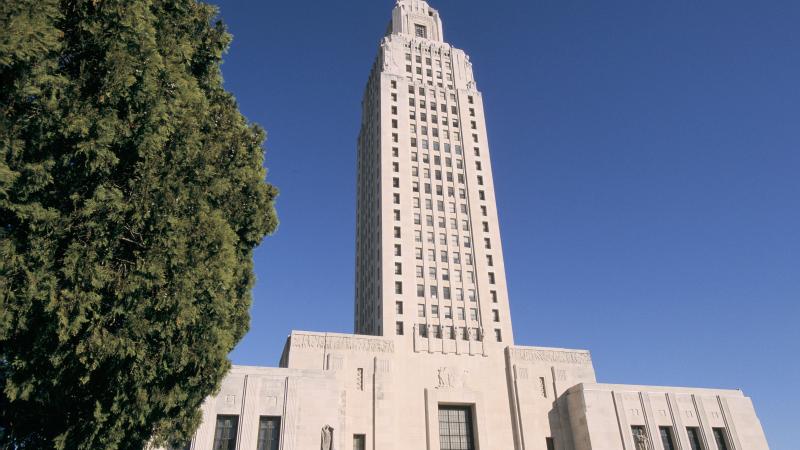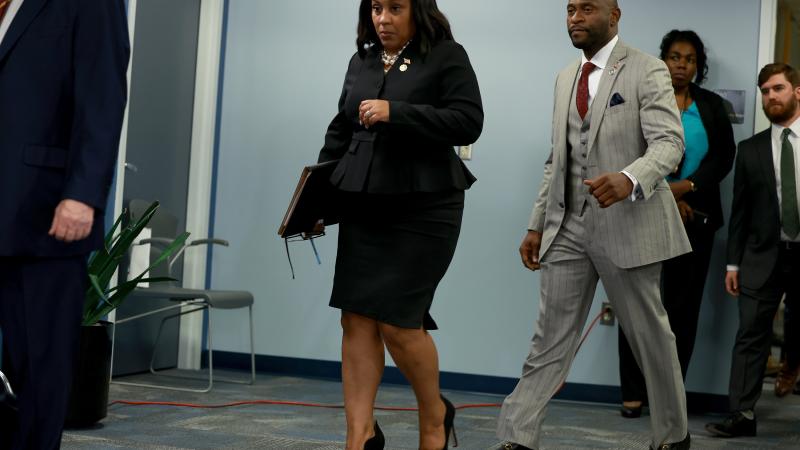Disney, Florida ask court for extended deadlines for dismissal filings
Disney claims that DeSantis is punishing the company for opposing the Parental Rights in Education Act — known as the "Don't Say Gay" bill by its opponents — and that it violates its First Amendment rights.
(The Center Square) — The Walt Disney Company and the state of Florida have jointly requested that the federal court handling the case push back deadlines as the state seeks to dismiss Disney's First Amendment complaint.
In a joint filing in the U.S. District Court for the Northern District of Florida from Friday, the two parties have asked the court to extend the deadline for a Disney response and a state reply from Oct. 19 for the Disney filing and Oct. 30 for the state response to Oct. 30 and Nov. 9 respectively.
In the dismissal request filed in late September, the state says that the case that has been brought against Gov. Ron DeSantis is "a frontal assault on this bedrock principle of our constitutional order" and noted that Disney preferred the previous structure the company had with the Reedy Creek Improvement District, now called the Central Florida Tourism Oversight District.
Disney claims that DeSantis is punishing the company for opposing the Parental Rights in Education Act — known as the "Don't Say Gay" bill by its opponents — and that it violates its First Amendment rights.
"Disney's First Amendment retaliation claim turns exclusively on the purported retaliatory motive behind SB 4C and HB 9B. Disney makes no allegation that anything on the face of those statutes infringes protected speech," DeSantis' attorneys note in their filing.
The documents state that Disney might own most of the land in the district, but the company does not own the government and noted that changing the structure of the district does not violate Disney's First Amendment rights.
Before Senate Bill 4C and House Bill 9B began to dissolve Reedy Creek, the district had authority over public roads, building code enforcement, regulation over zoning and development matters. According to the court documents, Disney was authorized by Florida law "to generate and transmit power through nuclear fission and develop 'other new and experimental sources' of energy."
With the change in structure, the appointment power of board members now comes from the governor. The documents further state that Disney believes that its First Amendment rights give the company the right to govern itself within the district.
State attorneys argue that Disney filed suit because they were attempting to seize government power over the 25,000-acre district once it became clear that Florida lawmakers were working towards installing a more democratically responsive authority.
According to a report from the Associated Press, Disney now demands that DeSantis' office provide all internal communications, emails, text messages, and any documents related to development agreements and legislation that give control over the district back to the state. Disney attorneys want these documents by Oct. 27.














